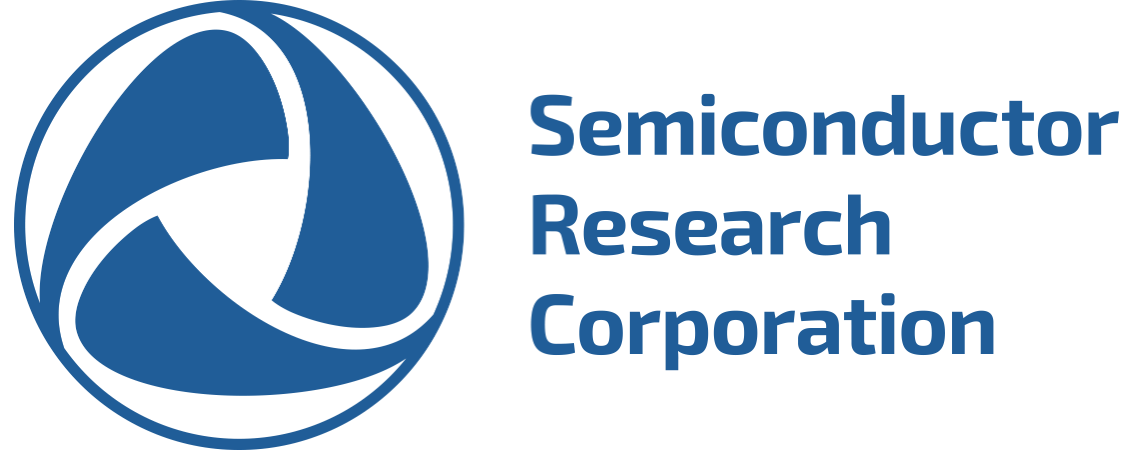SRC, Northeastern University Research to Increase Tunable Frequency Range of Next-Generation Mobile Devices
Development of Voltage-Tunable Radio Frequency Inductors Boosts Semiconductor and Defense Industry Applications

RESEARCH TRIANGLE PARK, N.C. – Nov. 7, 2013 – Semiconductor Research Corporation (SRC), the world’s leading university-research consortium for semiconductor technologies, and Northeastern University researchers today announced advancements in radio-frequency (RF) circuit technology that promise to improve and widen the applications of mobile devices.
Introduced at the 58th Annual Magnetism and Magnetic Materials (MMM) Conference in Denver, the research involves the development of new voltage-tunable RF inductors and is expected to boost semiconductor and defense industry applications. The new inductors make up the missing link in achieving significantly enhanced RF tunable frequency range in a tuned circuit, also called an L-C tank circuit.
State-of-the-art RF circuits in smart phones and other mobile devices rely on the tunable capacitance of RF varactors (semiconductor diodes that act as a voltage-dependent capacitor) in RF L-C tank circuits, leading to limited tunable frequency range. The new compact and power-efficient voltage-tunable RF inductors add another dimension and are developed by magnetic/piezoelectric thin film deposition with MEMS processing, resulting in large voltage-tunable inductance advancements of greater than 100 percent for tunable RF circuit designs.
“These voltage-tunable RF inductors constitute a new RF tuning technology that will lead to significantly enhanced tuning range and reduced RF circuit modules,” said Nian Sun, associate professor of Electrical and Computer Engineering at Northeastern. “We expect the new inductors to bring about revolutionary changes in tunable RF circuit designs, which will result in higher quality smart phones with lower costs and more compact size.”
The new inductor technology will be available for development in the middle of 2014 and is anticipated to be in consumer applications by the close of next year.
“This novel advancement enables new flexibility and capability in the design of RF circuits, and ultimately will lead to reduced cost and higher performance in mobile RF products,” said Kwok Ng, Senior Director of Device Sciences at SRC.
For more information on the research, visit www.northeastern.edu/sunlab.
About SRC
Celebrating 31 years of collaborative research for the semiconductor industry, SRC defines industry needs, invests in and manages the research that gives its members a competitive advantage in the dynamic global marketplace. Awarded the National Medal of Technology, America’s highest recognition for contributions to technology, SRC expands the industry knowledge base and attracts premier students to help innovate and transfer semiconductor technology to the commercial industry. For more information, visit www.src.org.
MEDIA CONTACT:
Dan Francisco
Integrity Global for SRC
dan@integrityglobal.biz
916-812-8814


